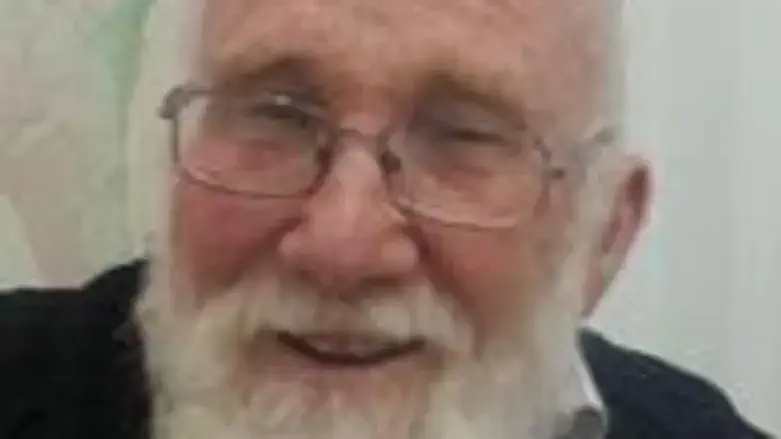
Dedicated in memory of Yaakov ben Avraham and Sarah Aharonov z"l
Rabbi Meir Shlezinger is Founder and Former Rosh Yeshivat Shaalvim
The location of the Parashat Parah Adumah in the heart of the Book of Bamidbar requires an explanation.
Matters of impurity and purity, entry into the Temple, and similar issues - all of these were already discussed in the Book of Vayikra, the Book of the Priestly Code. It would seem that the Parashat Parah Adumah should have been written there as well.
At the time, I heard from the great Rabbi Y.D. Soloveitchik [on a tape] a very good suggestion. I am writing in my own words; the formulation is not his.
The generation of the wilderness is a generation that knows it will not merit entering the Land and that it is decreed upon it to die in the wilderness. This is a generation with no future, and it is aware of that. The people left Egypt to enter the Land and build their country, their state, and the Holy Temple. Due to the sin of the spies, everything changed, and they will remain in the wilderness until they perish.
There is nothing to look forward to, only death. During their wandering in the wilderness, they live in a state of continuous miracles. They eat the manna that comes down from heaven, drink water from the miraculous well of Miriam, and the clouds of glory protect them. Everything is a miracle. This is a dead generation in an existential sense. A generation without inspiration.
Parashat Chukat is the parasha in which the people are already standing at the threshold of entering the Land. “And the Canaanite, the king of Arad, who lived in the Negev, heard…” (beginning of Chapter 21). They are already at the entrance to the Land. This is the generation that will enter the Land, the generation that will conquer the Land, the generation that will build the Land. They will not live on the miracles of the wilderness. By their own deeds, and with Divine assistance, they will fulfill their great task.
Indeed, when they go out to this war, it is said, “And Israel made a vow…” (if You give this people into my hand). Many commentators already felt that here, in this parasha, the Israelites are transitioning to natural life - the people are fighting on their own. They will not rely on open miracles, but on earthly weapons and Divine assistance. Therefore, the people say, “in my hand” (perhaps that is why they also vow, “and I will destroy their cities” - they also acknowledge the need for help from God, and therefore do not want to benefit from the idolaters).
Rabbi Y.D. Soloveitchik, zt”l, says:
Here is the transition from the generation of death, a generation without a future, and thus without aspirations, to the generation of life, the generation that conquers and builds the Land of Israel.
This is the generation of life. Parashat Parah Adumah is written here to symbolize the purity and the life that will begin at the end of the wilderness generation, which is dead.
I add: The fact that the generation of the wilderness was the generation that received the Torah, a great achievement, does not change the fact that it is a generation awaiting death and has no chance to fulfill the full purpose of the Exodus from Egypt as defined by God in Parashat Va'era. Four expressions of redemption end with: “And I will bring you into the land… and I will give it to you as a heritage” (Exodus 6:6-9). The fulfillment of the Exodus from Egypt and the full realization of the people’s creative potential will occur only in the generation that enters the Land.
The shlichim of Torah MiTzion are meant, among other things, to influence and strengthen the yearning of the people of Israel to build the Land of Israel and the State of Israel as described in the vision of the prophets. They instill in the Jews of the Diaspora the challenge, full of life, of complete physical and spiritual restoration of our Land and State.
For comments: projects@torahmitzion.org